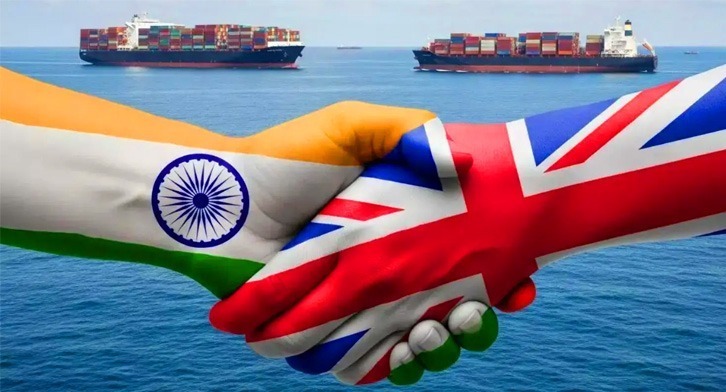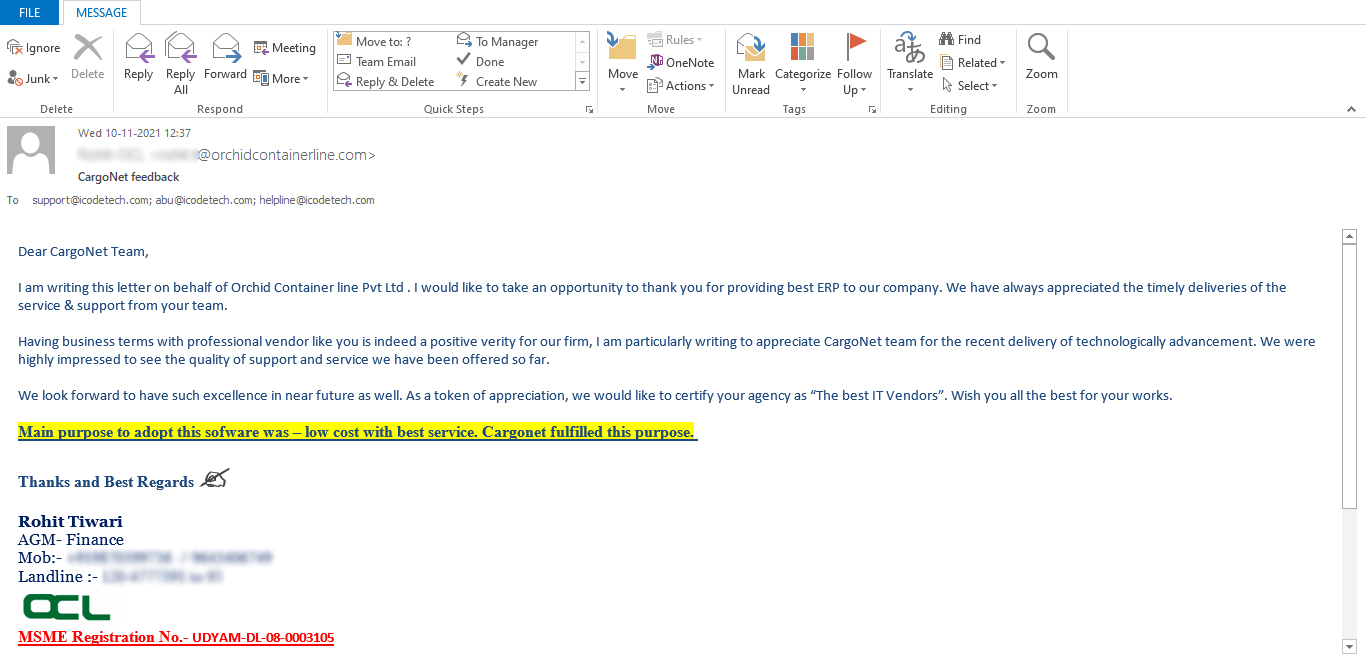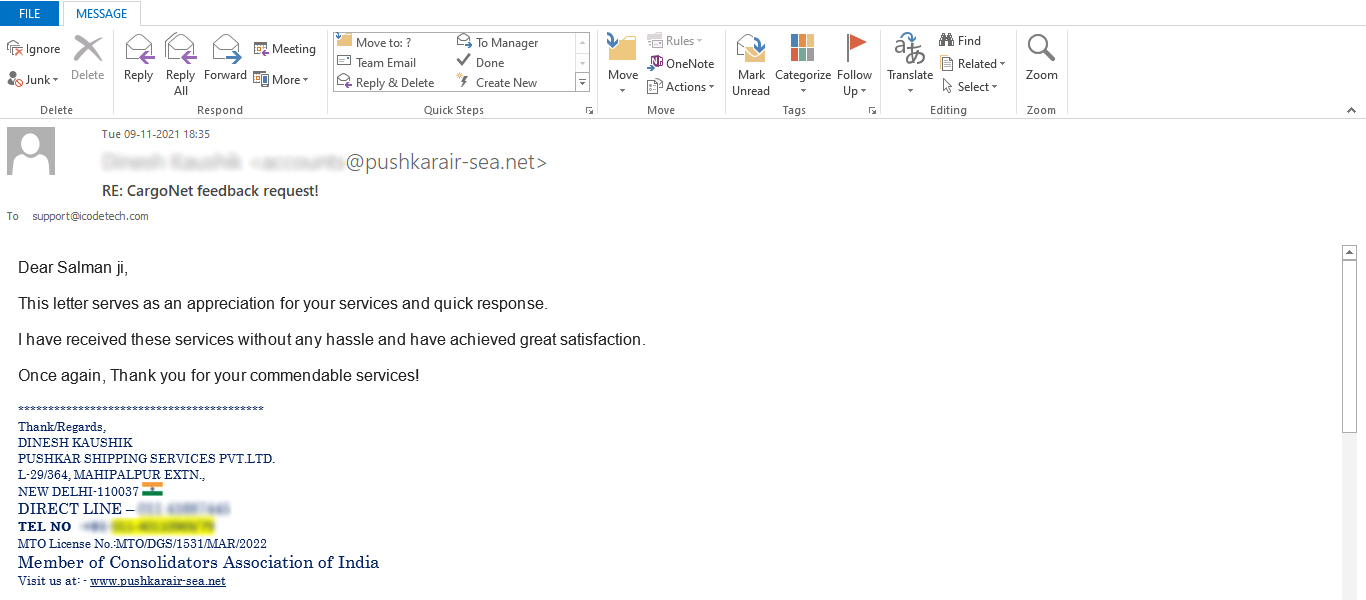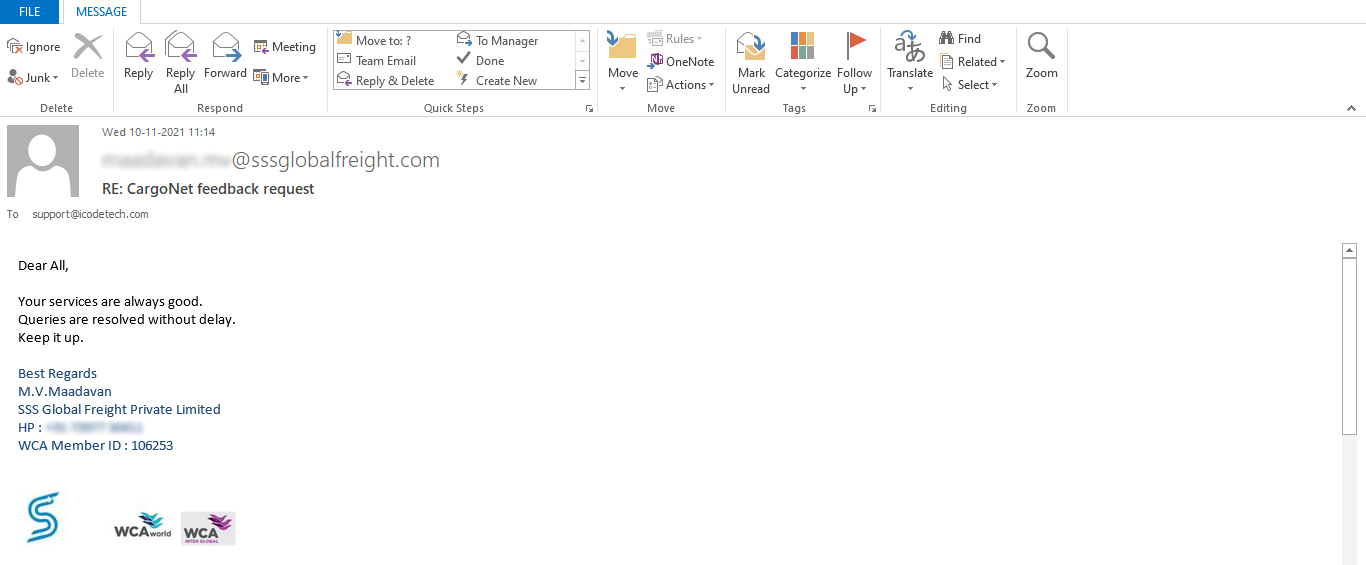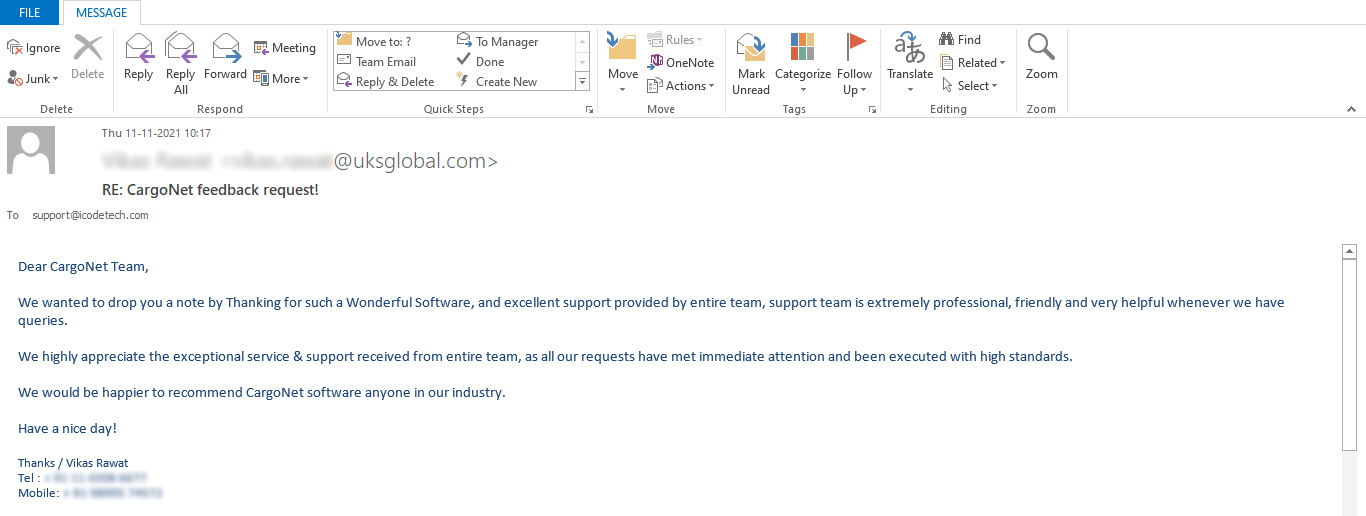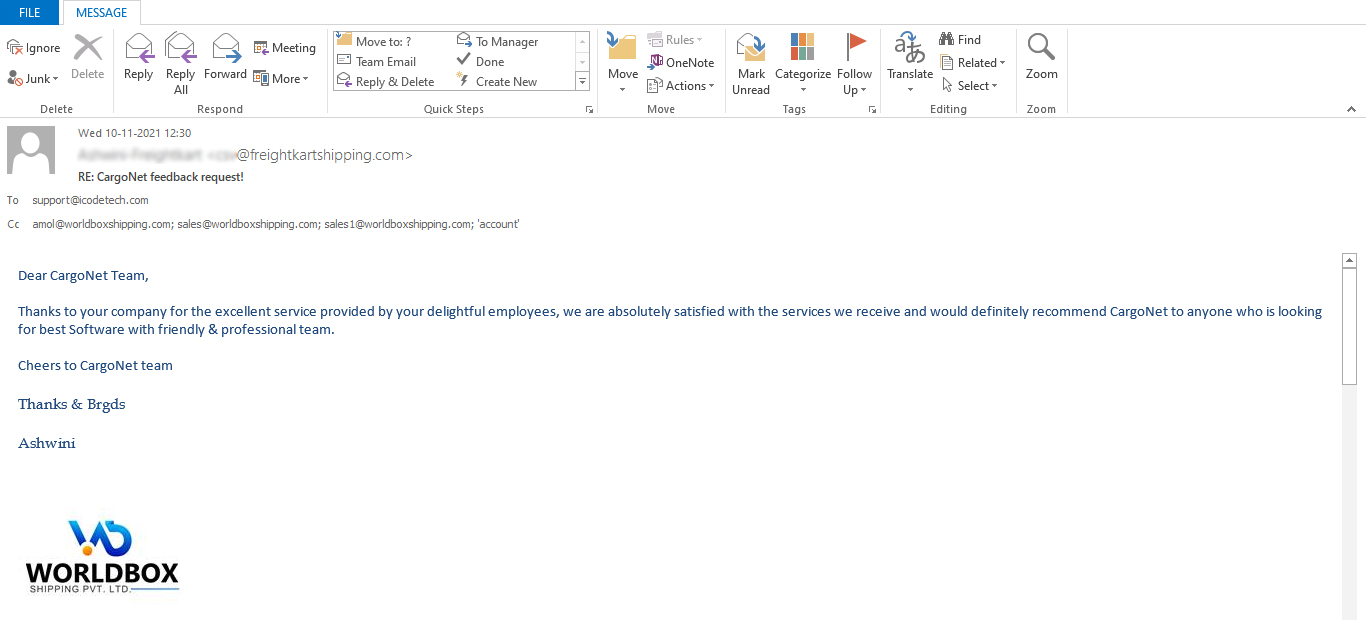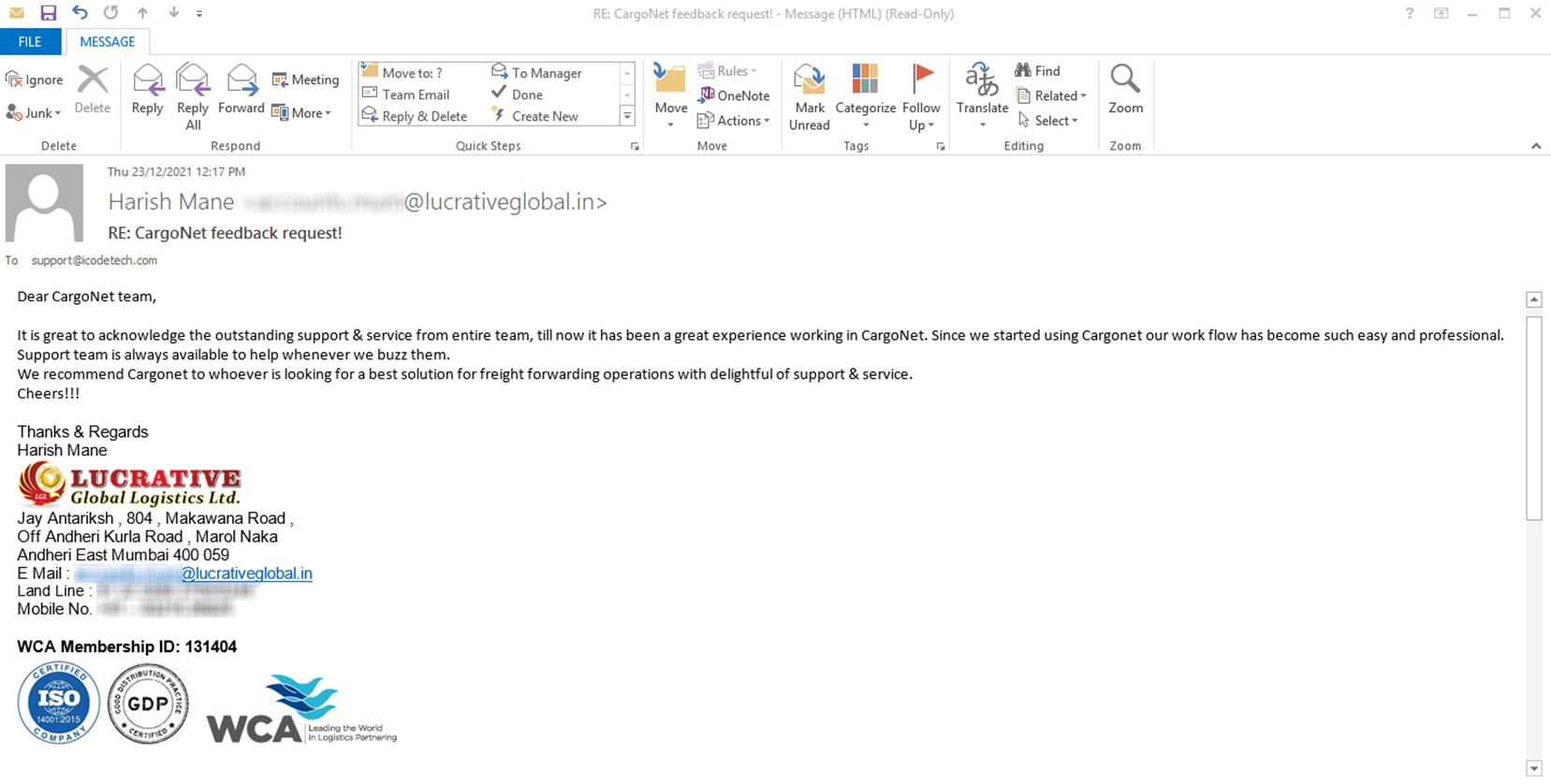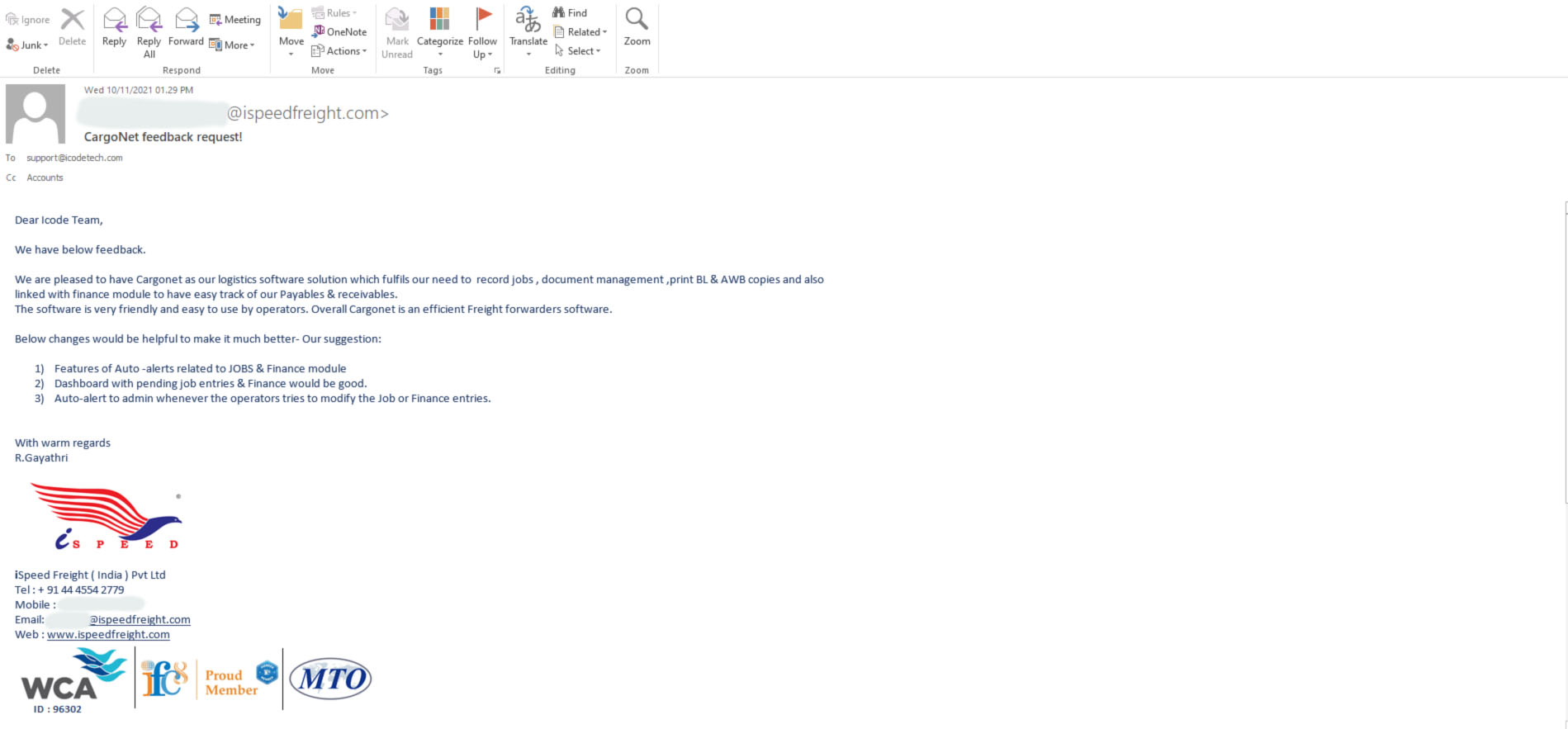The India–UK Free Trade Agreement (FTA), signed on July 24, 2025, is a strategic milestone in global trade. Officially known as the Comprehensive Economic and Trade Agreement (CETA), this deal aims to double bilateral trade, reduce tariffs, and open market access across key sectors. One of the biggest beneficiaries? The logistics and freight industry, which will play a critical role in executing the surge in cross-border trade.
What Is the India–UK FTA 2025?
The India–UK FTA 2025 is a comprehensive trade agreement between India and the United Kingdom, focusing on reducing trade barriers, encouraging investment, and simplifying digital trade.
Key Highlights:
- Signed by top ministers from both nations
- Target: Double trade from $56 billion to $112 billion by 2030
- Covers 90% of traded goods and professional services
- Creates job opportunities and boosts real GDP for both countries
How Does the India–UK FTA Impact the Logistics Industry?
1. Higher Cargo Volume
- Example: UK automotive and whisky exports to India will rise sharply.
- Result: More containerized shipments, airfreight demand, and port traffic.
2. Simplified Customs & Border Clearance
- Streamlined customs processes
- Paperless trade commitments
- Digital documentation and faster approvals
3. SME-Friendly Logistics Environment
- Lower compliance burden
- Easier onboarding for small exporters/importers
- Boost for regional logistics players supporting SMEs in both nations
4. Growth in Specialized Logistics Segments
- Cold chain logistics for whisky, food, and pharma
- Ro-Ro and ODC (Over Dimensional Cargo) logistics for auto and machinery
- Bonded warehousing for duty-deferred goods
Sector-Wise Logistics Impact: At a Glance
Sector
Trade Growth
Logistics Impact
Automotive
310% exports
Ro-Ro vessels, spare parts supply chains
Whisky & Alcohol
180% exports
Cold chain logistics, bonded warehouse demand
Machinery & Equipment
£527M GVA
ODC logistics, project cargo handling
Textiles & Leather
High Indian exports
Export container growth, multi-origin shipping
Professional Services
Easier market access
Cross-border documentation, courier networks
Infrastructure & Regional Logistics Benefits
United Kingdom:
- West Midlands, North East: Machinery and auto exports
- Scotland: Whisky exports and financial services
- Wales & Northern Ireland: £80M and £50M GVA growth respectively
India:
- Increased exports from labour-intensive sectors
- Growth in port activity, rail freight, and ICD (Inland Container Depot) use
Trade Simplification Features That Help Logistics
- Digital trade corridors and e-invoicing
- Customs cooperation for quicker dispute resolution
- Cross-border payment interoperability
- Adoption of single-window systems at ports and airports
Economic Impact of the India–UK FTA 2025
Metric
India
United Kingdom
GDP Growth
£5.1 billion
£4.8 billion
Export Growth
Surge in textiles, agri
60% exports to India
Real Wages Impact
Moderate
0.19% in UK (£2.2B yearly)
Sustainability and Green Logistics
- Projected 0.21% rise in UK emissions
- Both nations committed to:
- Greener freight practices
- Low-emission transport corridors
- Digital transformation to reduce waste
Global Ripple Effects & Fair Competition
- Developing countries like Nepal and Sri Lanka may face trade diversion
- However, the Developing Countries Trading Scheme (DCTS) ensures fair competition and support for least developed countries
Monitoring, Flexibility & Review Mechanism
- A formal 10-year review is built into the agreement
- Ongoing economic monitoring ensures:
- Responsiveness to global shifts
- Updates based on tech or policy evolution
- Logistics businesses should prepare for scaling as trade volumes grow
Key Takeaways for Logistics and Freight Companies
- Expect higher cross-border shipments
- Prepare for digitized customs processes
- Invest in bonded warehousing and cold chain
- Embrace multimodal integration (rail + sea + road)
- Focus on regulatory compliance and trade documentation automation
Empower Your Logistics with CargoNet’s Intelligent AI Automation
Experience the power of CargoNet AI Agents— and see how intelligent automation can transform your supply chain.
Frequently Asked Questions (FAQs)
A modern FTA that eliminates or reduces tariffs on 90% of traded goods between India and the UK, encouraging trade and investment.
The logistics sector will see higher cargo volumes, simplified customs, and greater demand for multimodal transport and digital workflows.
Yes. Lower compliance costs and faster clearance will benefit SMEs and regional logistics providers significantly.
Yes. The FTA promotes paperless trade, single-window customs clearance, and interoperable digital systems.
CargoNet helps manage trade documentation, booking, customs compliance, and cargo visibility—making it easier to operate under evolving global trade frameworks.


